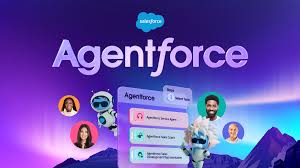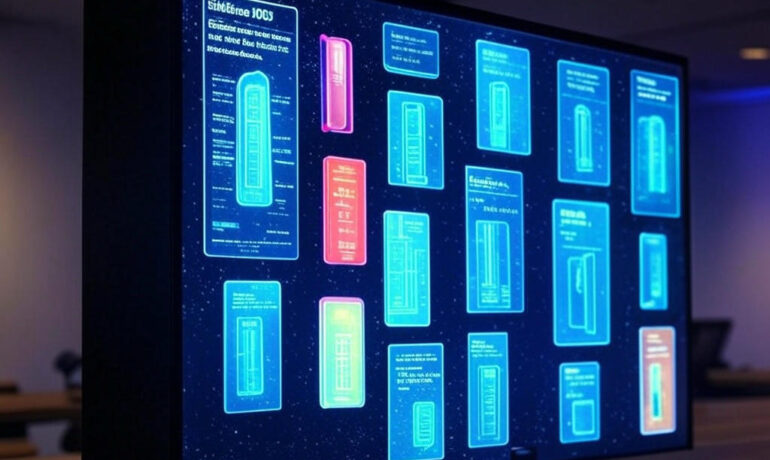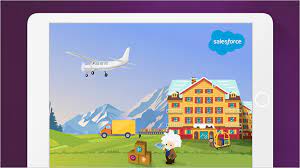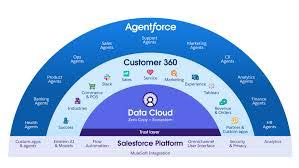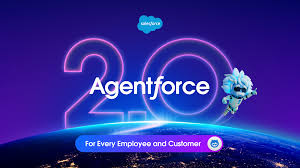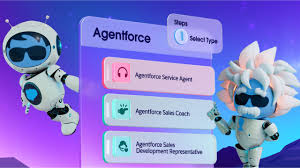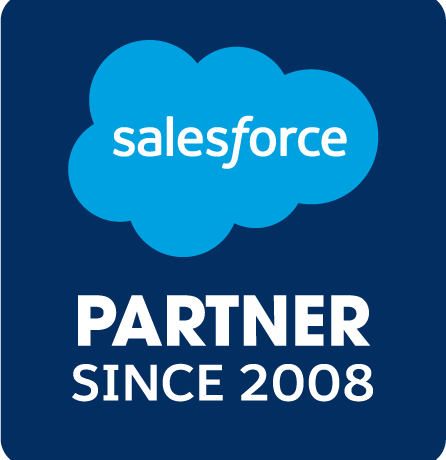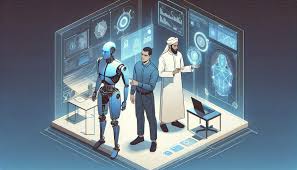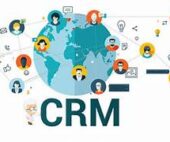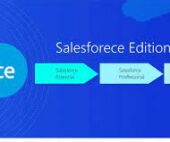Agentforce Explained
What Is Agentforce? As a kid, you probably wished for a robot to handle chores like washing dishes or tidying your room so you could spend more time riding bikes or playing video games. Now, as an adult in the business world, that wish hasn’t changed—you still want something to handle tedious tasks and improve customer interactions. Enter Agentforce. Agentforce seamlessly integrates AI-powered agents into your workflows, allowing them to manage tasks for employees and customers. These agents understand your business and can autonomously handle a range of responsibilities, making work more efficient and engaging. How Does Agentforce Work? Agentforce is a proactive, conversational AI solution built on the Salesforce Platform. It consists of autonomous AI agents that can interpret inquiries, take actions, and adapt dynamically with minimal or no human intervention. Think of them as digital teammates that learn, respond, and execute tasks efficiently within your predefined guidelines. Key Components of Agentforce Data Like employees, AI agents need information to perform effectively. With Agentforce, you define the data and access controls available to your agents. They can utilize structured and unstructured data from knowledge articles, CRM records, and external sources to complete their tasks securely. Reasoning The core intelligence behind each agent is its reasoning engine, which enables it to comprehend user intent, navigate complex interactions, and make informed decisions. Salesforce’s Atlas Reasoning Engine powers this capability, ensuring agents can adapt as conversations evolve. Actions Actions are the specific tasks an agent performs, such as initiating a product return, generating sales emails, or accessing external APIs. These actions can be customized or created from scratch to align with your business processes. Topics Topics define what an agent is capable of handling. For example, an Order Management topic might include actions like tracking orders or processing returns. Natural language instructions assigned to topics help agents execute the right actions at the right time. Channels Agentforce can be deployed across multiple communication platforms, including Salesforce, Slack, text messaging, and email. Agents can also integrate workflows across channels for a seamless experience. How Agentforce Gets Work Done When a user submits a request, the agent identifies the most relevant topic and initiates corresponding actions. It might retrieve customer details, book appointments, or search your knowledge base for solutions. If additional information is needed, the agent can request clarification or escalate the issue when necessary. What Jobs Can Agentforce Perform? Agentforce offers both standard agents and custom agents, catering to different business needs. Standard Agents Agentforce includes a library of ready-to-use AI agents designed for various roles. These agents come pre-configured with relevant topics and actions and integrate seamlessly with specific Salesforce clouds and licenses. Some examples include: Custom Agents If no standard agent fits your needs, you can create a custom agent using natural language commands. Simply describe the job, and Agentforce will generate relevant topics and instructions based on its extensive library of actions and workflows. For instance, you can configure an agent to review travel expenses or manage internal approvals. Note: The standard agents available depend on your Salesforce licenses. Check if a standard agent meets your needs before creating a custom one. Where Can You Use Agentforce? If you have the necessary Agentforce permissions, you can configure agents for both employees and customers. Employees can interact with agents directly within Salesforce, Slack, or mobile apps for tasks like summarizing account details or reviewing cases. Customers can engage with agents via websites or experience sites for support, scheduling, and self-service interactions. Agents and Trust Salesforce prioritizes security, and Agentforce is built with the Einstein Trust Layer to mitigate AI risks. This ensures: The Agentforce Testing Center allows you to preview and refine agent responses, ensuring reliability and security before deployment. Wrap-Up Agentforce brings the power of AI-driven automation to your business, enabling digital teammates that assist with tasks, improve efficiency, and enhance customer interactions. By integrating natural language processing, intelligent reasoning, and secure data handling, Agentforce helps businesses scale operations while maintaining trust and control. Whether you use standard or custom agents, the possibilities for automation are limitless. Like1 Related Posts Salesforce OEM AppExchange Expanding its reach beyond CRM, Salesforce.com has launched a new service called AppExchange OEM Edition, aimed at non-CRM service providers. Read more The Salesforce Story In Marc Benioff’s own words How did salesforce.com grow from a start up in a rented apartment into the world’s Read more Salesforce Jigsaw Salesforce.com, a prominent figure in cloud computing, has finalized a deal to acquire Jigsaw, a wiki-style business contact database, for Read more Service Cloud with AI-Driven Intelligence Salesforce Enhances Service Cloud with AI-Driven Intelligence Engine Data science and analytics are rapidly becoming standard features in enterprise applications, Read more

